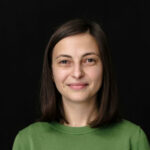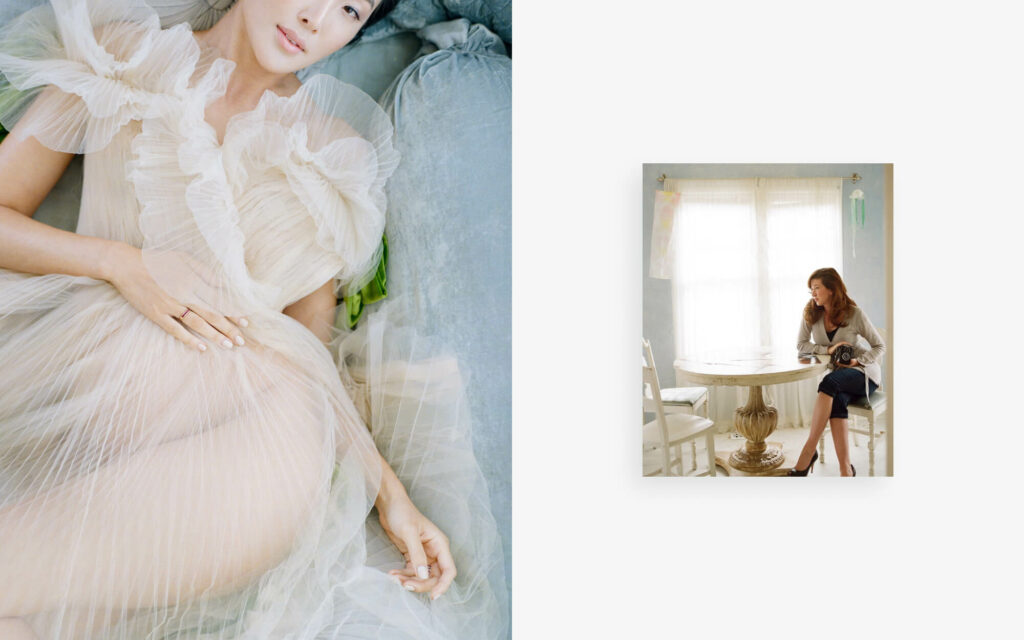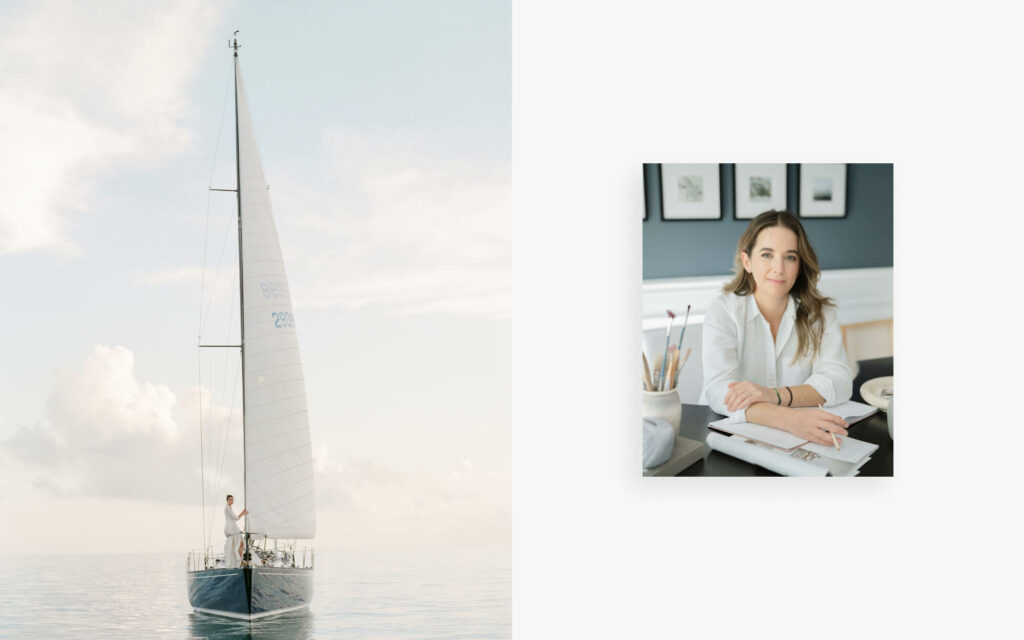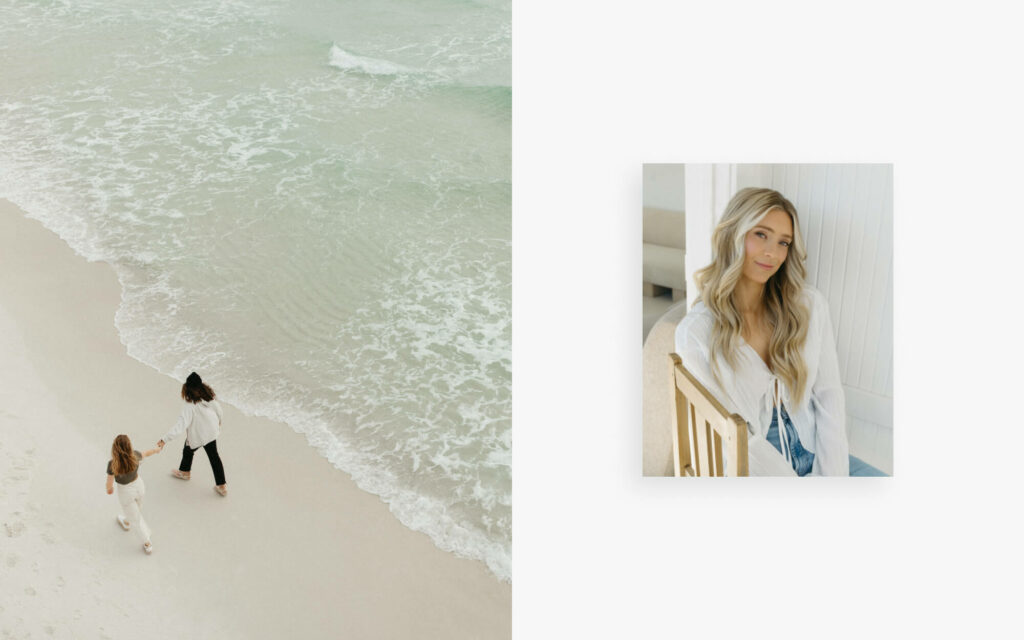BLOG
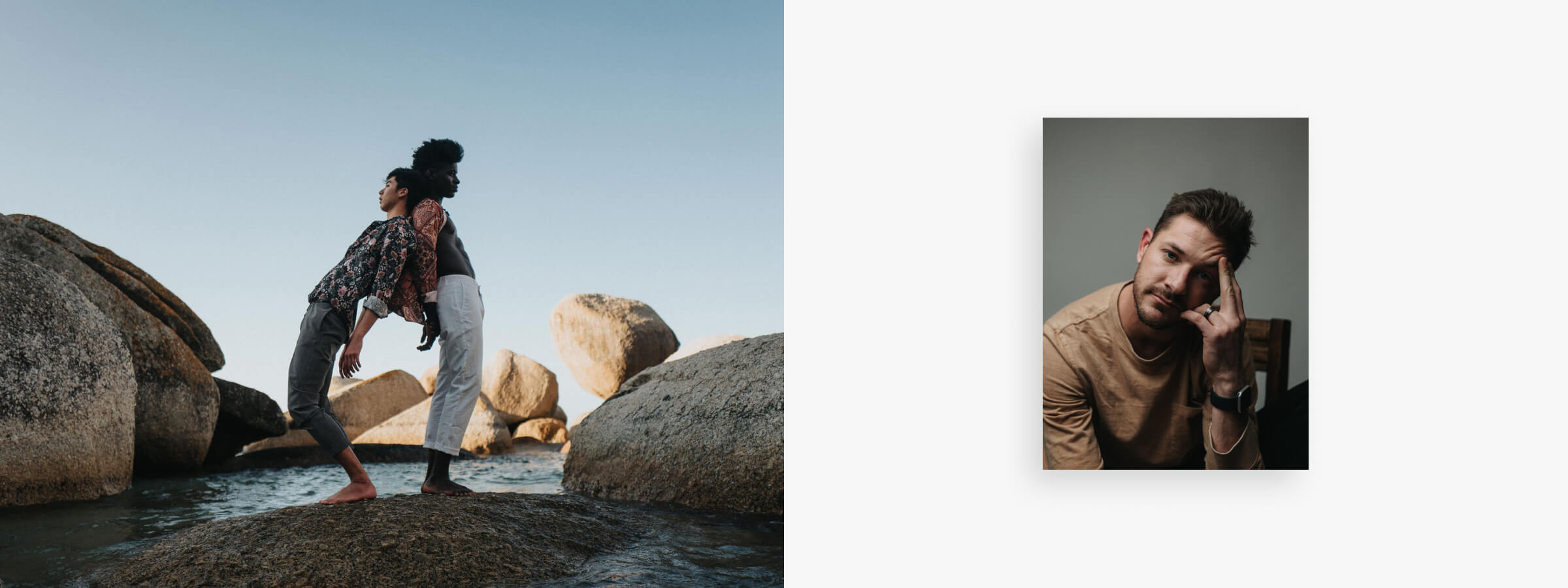
Interview with Hunter Hart – shortcomings can be your biggest strength
When it comes to styles, niches and genres, the photography community is diverse and vibrant. The same can be told about the creatives behind the lens. Photographers come from different backgrounds with raw stories of passion, struggle and inspiration.
Today, we have the privilege to discover how Hunter Hart, a self-taught photographer from Nashville, lives with OCD and ADHD while running a solo business and giving back to those who have just started on this creative path. Mental health isn't a topic often talked about within the photography community, yet Hunter believes that not sharing about it keeps people divided.
“Being a photographer can be very lonely since you work for yourself and don’t have the camaraderie like you would in a typical 9-5 job. If I had to guess, most of us are sitting in a room with our eyes bleeding from editing and staring at a screen for hours, not eating enough or getting enough exercise.”
Hunter shares about his artistic journey, and how leaning into his strengths and his identity has set him apart in the photography industry. Keep reading to discover this inspiring interview.
Why did you decide to pursue photography and how did you get started?
At a very young age I was bombarded with sports that I was never particularly interested in. If you were looking for me, I was the weird kid squatting down in the dugout of a baseball field picking grass blade by blade and making friends with ants. I didn’t fit into the “normal crowd” but coming from a town of 1,900, nobody really knew what normal was. I was fortunate enough to have a mother who didn’t care what normal was and an Aunt “Susie” who loved me enough to send me to art camp every summer because she somehow knew that there was potential there.
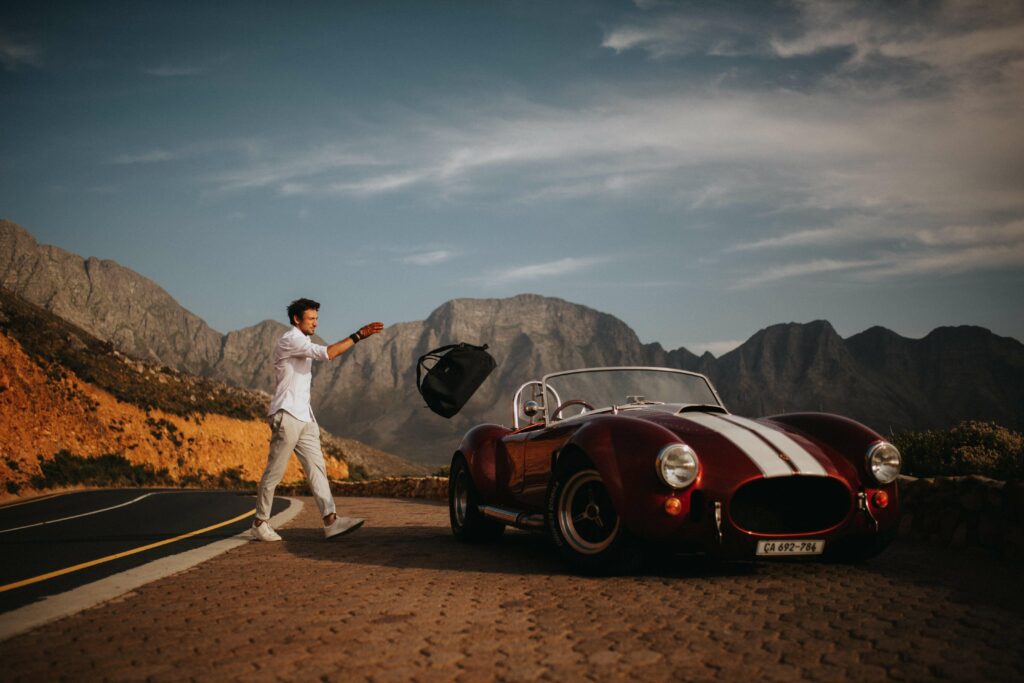
Kym Garraway was my biggest artistic influence; she was my summer camp art teacher each year. She taught me that mistakes can be painted over with a flick of the wrist and that there is no such thing as perfect - “only Jesus” she would say. In high school I was one of the most talented artists or one of the only ones who put forth effort, so naturally I looked talented. I was a painter and knew I was going places!
That is until the day I picked up my first digital camera. It was a Sony Mavica (a floppy disk digital camera). I took my first shot and BOOM, just like that, instant gratification! It took me days or weeks to make a half decent painting, but with this format I could make a “real painting” in up to 1/2500 of a second. I had five shots on each disk and then I would just delete them, over and over and over. I did this for so long until I could afford a point and shoot camera that I took to all of the high school parties.
This was something only girls did for whatever reason (before phones had okay cameras), so in my small town I was looked at weird for always having a camera with me, but I made friends from different surrounding towns due to people asking me “how can I get these pictures?” I would send them to people individually or make a Facebook post. I eventually got to where I needed something a bit better than a point and shoot, and I got a 5D Mark iii, which was my first professional camera.
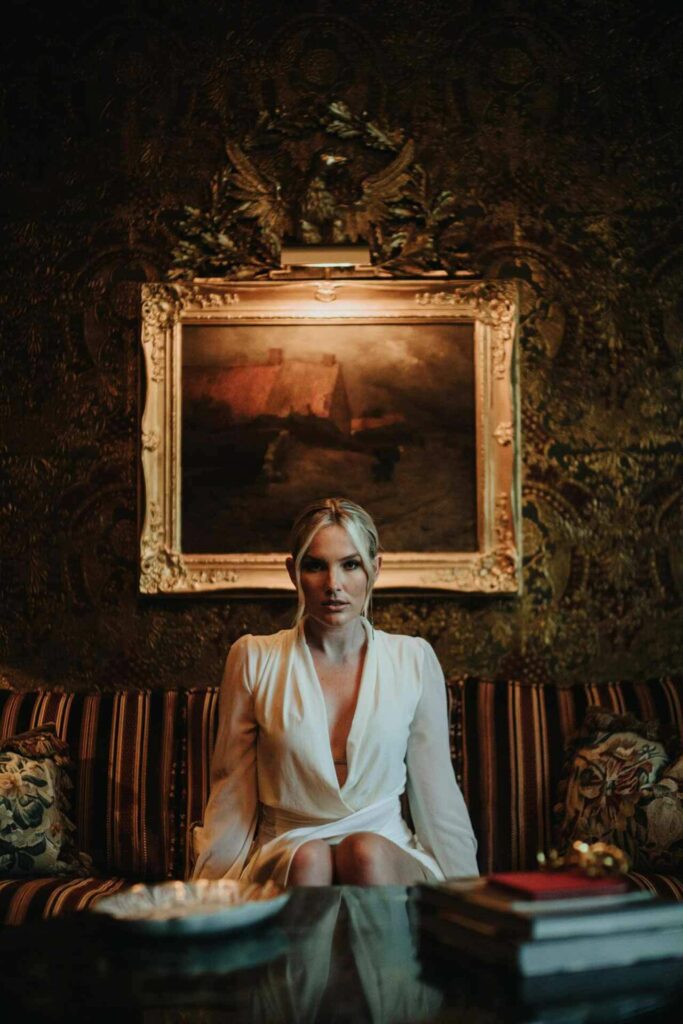
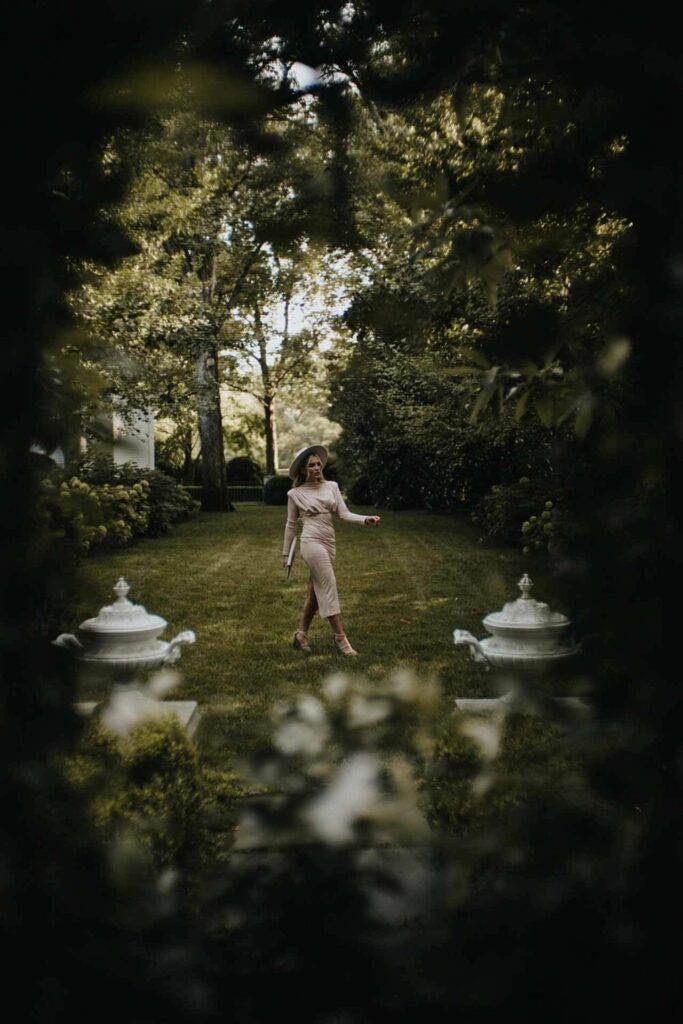
When I first got this thing, I knew what I wanted to do with the rest of my life. People always have intrigued me, and the little moments that we all have but don’t pay attention to that deserve to be documented. That is what I wanted to do, capture those little moments for people to hold onto forever. At the time I had a lot of jobs, here and there, while shooting on the side. Eventually I got to the point where I could quit a job once a year (4 jobs, 4 years) and after several years of chasing that dream, I finally became a full time photographer.
What inspired you to adopt a photojournalistic approach to photography?
I shot on an 85mm lens for the longest time and it was a beautiful way to make flattering photos of individuals. It wasn’t until I picked up a 35mm lens when I realized that there is an entire world of photography that I had no idea about. I could see the world in such a different lens now, literally.
I immediately started photographing things differently, environmental portraits, action and movement within the frame. I was in my own form of heaven on earth when I had this focal length. This new found option of portraiture pushed me to be so much more creative and I started to climb the ladder quickly in the larger town I lived in now, but that grew stale just like everything does within our artistic journey.
I am fortunate enough once again to have a family that wants me to succeed in all aspects. My grandfather, “T”, and my aunt, “Susie”, paid for me to go to a photojournalism workshop in Clarksdale, MS where I met Ron Haviv (one of the best photojournalists of all time). After a week of documenting a welder by the name of BusterJennings, Ron saw a photo of mine where I was using an object to frame up a welder. He looked me in the eye and said 3 words that changed my life forever - “lean into that”. And so I did. I have since then pushed the boundaries of composition, framing and the use of light.
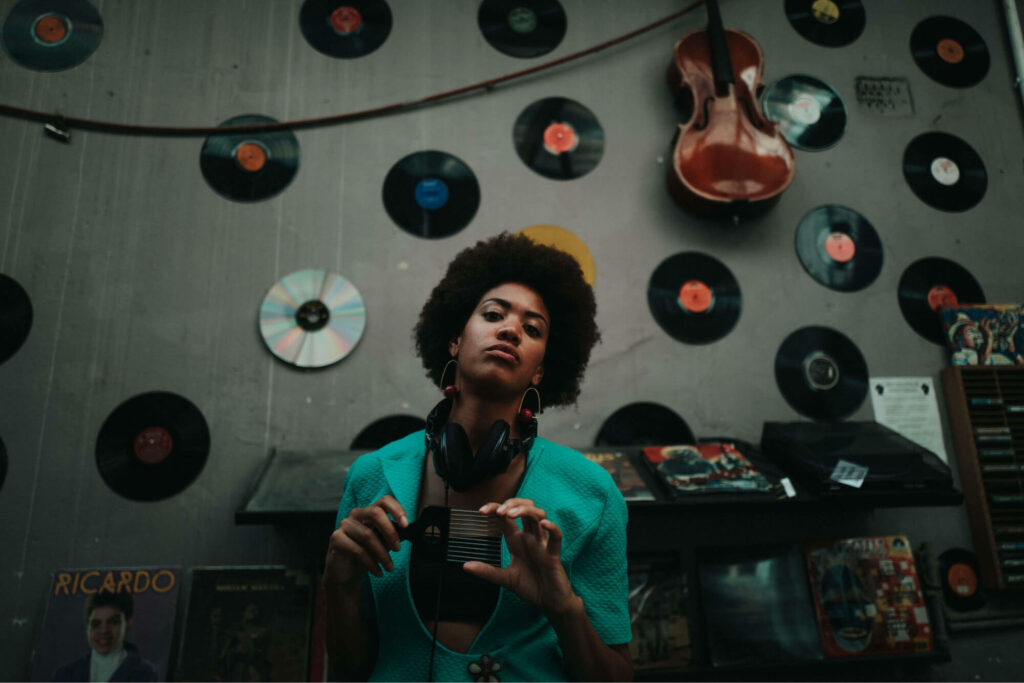
I have quite a few nicknames in the community in these regards but “Composition King” and “FrameKing” are by far my favorites. I kind of see everything as photos now; it is hard to explain but thoughts like “that is great light”, “this would be a good shot”, or “where is my damn camera when I need it”, run through my mind like a monkey on crack.
Is mental health a topic discussed enough within the photography community? Should we be talking more about it, and why?
I think the topic of mental health is never talked about enough in any community but especially this one. As photographers we like to make it seem like we have our sh*t together through the use of hiding behind facades disguised as beautiful photos and social media posts, that depict a scene of the amazing places that we go and people we meet. When it comes down to it, we are bare bones, struggling and starving artists that have deep voids that cannot be filled due to the lack of us being honest with ourselves or people as we indirectly express our need for constant validation.
We are all forever trying to impress people enough for them to hire us in a never ending growing cycle of over saturation within our market. Being a photographer can be very lonely, since you work for yourself and don’t have the camaraderie like you would in a typical 9-5 job. If I had to guess, most of us are sitting in a room with our eyes bleeding from editing and staring at a screen for hours, not eating enough or getting enough exercise. These habits are what causes so much isolation within each of us as individual photographers.
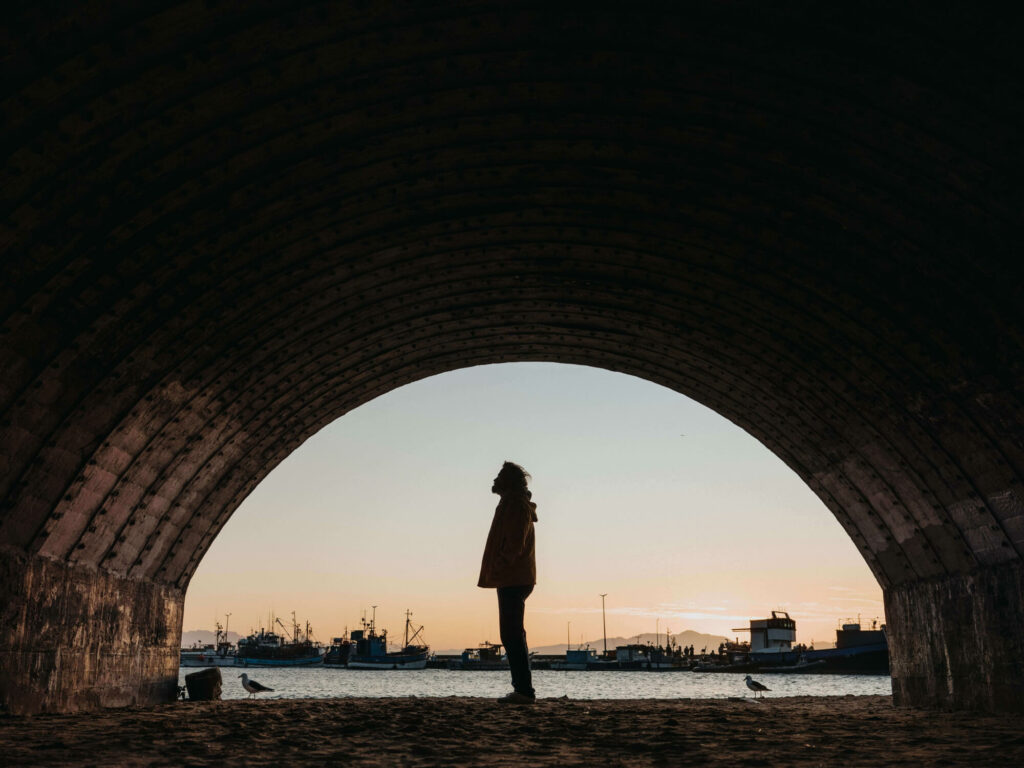
I think that these habits can be broken by setting a schedule within your day like a “normal person”, but this is not always easy. You get a few weddings or big jobs stacked up and all of a sudden you are back in your cave, stuck and alone. I do street photography as a hobby to get exercise and get out of the bottomless pit of editing.
Becoming friends with the right photographers can be very beneficial. You obviously already have something in common which is a great start! I found a few really good friends in Nashville that are photographers and I feel comfortable talking to them about my mental health and well being. I wish the same for anyone reading this. All of the above are things that I have personally been through so maybe I am alone in this, but then again… We do not talk about it, so how would I ever know?
On your website, you mentioned you’re blessed with OCD and ADHD. How does this impact your work?
School was hard for me. My attention span is and has always been shorter than an average breath. What was I saying? Oh yeah, concentrating on one thing is not in the cards for me and it shows, if you are around me for more than a brief moment. Although ADHD was debilitating in school and still is tough in a lot of scenarios, it helps me excel in photography in my opinion.
I think most people go into a shoot with a plan, an idea, and a final goal in mind, but that is not really the case for me. I may have an idea going into a shoot, but I never have any clue what the plan is or how the final product will even look. While I am shooting, I am constantly looking around being distracted by different lights and shadows that could potentially make for a good photo. You may as well not speak to me when I am in “photographer mode” as my wife calls it, because I will unintentionally not hear you or absorb anything you say, because I am just all over the place. Even when I get home to edit the photos, I will not recall the images that I took because my brain is already onto the next location before we leave the one we are on at the moment.
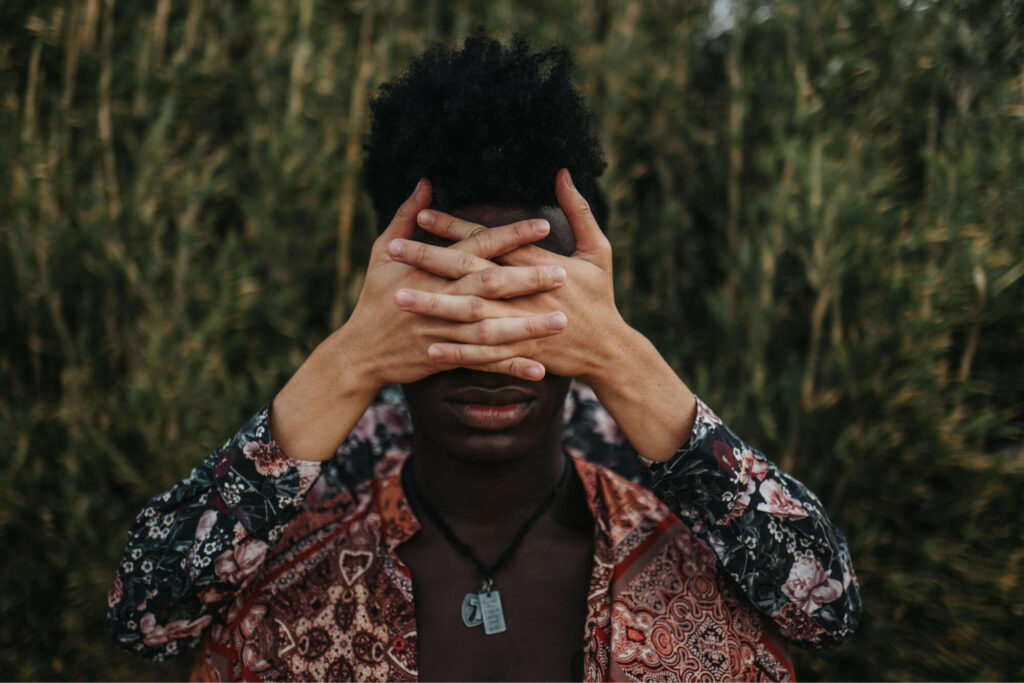
Speaking of editing, OCD is one thing that has really helped me push my business to the next level. I have a turnaround time of 72 hours or less for all photoshoots other than weddings because if I don’t get it done now, the house may burn down with all of my hard drives and my clients' images on them.
OCD is not just a thing where you have to touch a doorknob 4 times before you enter a room, it's a thought pattern called ruminating thoughts which can be very disruptive to living a normal life. This has its good and bad sides and I won’t touch on the bad ones today since we should keep this light. The good side is that I get things done at a quicker pace than most people I know and fortunately my OCD is not a physical form. Overall OCD mixed with ADHD has had its upsides to being a creative person and I enjoy hearing when people notice it. When I was younger I wanted to hide my quirks but now they're cool and what has always made me, me.
I would highly recommend leaning into your abilities to do things differently than others, it makes us so unique and I really believe it is a lot of the reason people love us as humans. Don’t let other people tell you that it is not okay to be distracted, that is how we discover things after all, right? We are curious creatures and as a human race we need to stay that way otherwise, this place would be boring as hell.
How do Pixieset tools shape the experience you offer to your clients?
You can ask anyone I have ever talked to, I push Pixieset on photographers all the time due to its ease of use and how intuitive it is. When I first landed on the software, I thought to myself “this is the future” and I will be damned if it wasn’t.
I went from having to deliver every photoshoot by mail and hand on disks, jump drives, to Google Drive (which is so unprofessional in my opinion) to using Pixieset. I am able to edit quickly and deliver photos all in the same day if I want to, how amazing is that? On top of that I am able to encourage clients to print directly from Pixieset and some days I will randomly receive a notification saying I have been paid for prints. Passive income is so nice and that is something Pixieset has brought into my professional life.
The organization of all of the sessions is nice as well, I can dedicate certain sessions to individual genres so if anyone is interested they can find them quickly. It also allows you to hide photoshoots that you want to be private, which is handy if you do bridal portraits before the actual wedding date.
I am pretty sure I am an early adopter of the software, I have around 1,000 galleries on my Pixieset and it is so nice to go back and see what I have done over the last few years. It feels like a time capsule or a bunch of hard drives without having to dig through all of them to find one photoshoot that I am looking for. Truly a blessing for photographers and I am not being paid at all to say this.
On your YouTube channel, you posted a series of videos where you critique your own photos. What was the purpose of the series?
We are all our own worst critics as artists of any sort. That can be a good thing. I already like to talk trash about my work as it is to myself, so I figured I would do the same for the public to hear me and I could get a small bit of ad revenue while doing it.
I think it can be a good thing to sit back and look at all the things we need to improve on, which for me seems like everything all the time. When I dissect my images as if I am talking about someone else’s, I can understand the image more and back off of myself a little to see it as if I was looking over another person's shoulder trying to help them. I don’t do this in a harsh way, I just want people to know that you shouldn’t be so hard on yourself and like Kym Garraway from art camp said “Nobody is perfect”.
What drives you to create educational content for your community?
Education is the key to success. This does not mean you have to go to college, it just means you should learn about what you are doing so you don’t look stupid doing it. I cannot tell you how many things I had to teach myself in photography. I shot over 100 weddings before I second shot for one, just imagine how that went. I had no idea what I was doing the first 30 weddings, those poor people.
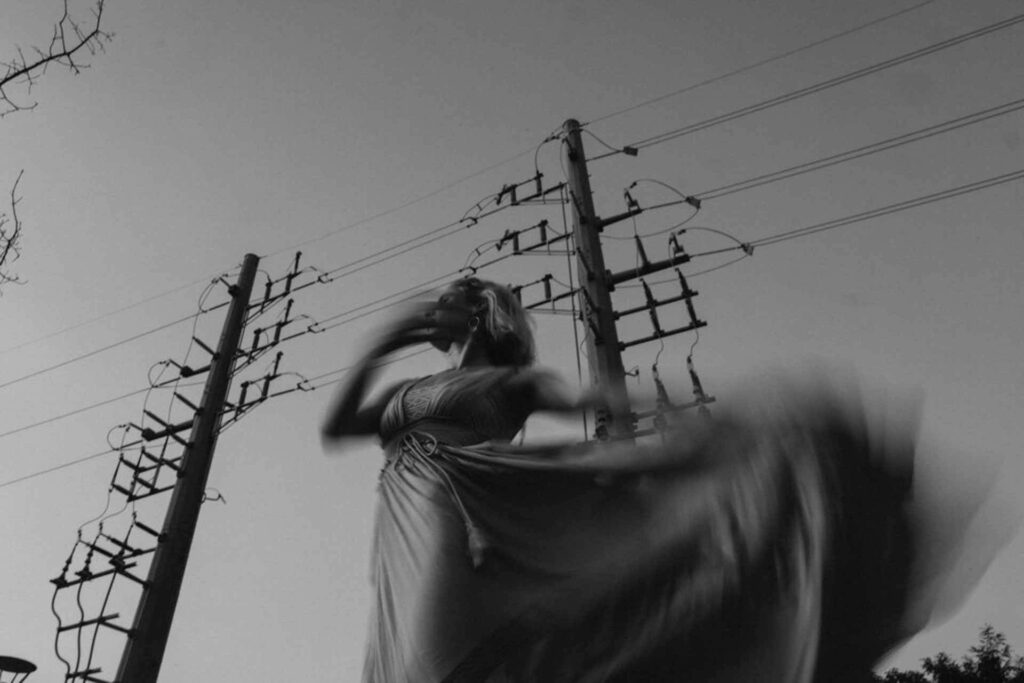
I was never taught how to price anything, how light worked, how to use a camera, this was all before I discovered YouTube. My channel is not very big and I don’t expect it to be, I like being able to comment back to each person who is nice enough to leave a comment. This allows me to dive into the issues people run into quite often and I have made a lot of online friends through the platform. I do a ton of gear review with an educational twist so you leave with some sort of helpful knowledge!
My last video was about the 5D Mark iii and how an 11 year old camera can be just as good as a new $6,000 camera, if you know how to use it properly. I want people to save money because I have fallen victim to GAS (gear acquisition syndrome), as have a lot of people out there. Bottom line, learning is good and we will never know it all.
What would you do differently if you were to start a photography career today?
I would have spent a lot more money on education over gear because if you are genuinely interested in learning about something, you will never forget it. I would have second shot weddings under someone else for a bit, so I didn’t deliver bad photos. But that is also part of how I formed my own type of photography!
If I started over today, I wouldn’t let people get to me when they say mean things to my face and behind my back about my fake career, and college would have been a better idea. Taxes have always been tough and I would have tried to talk to a professional early on because the business side is super important.
For a lot of artists, business is the place we fall short and I get it, but there are people out there who can help you, go find them! I would have moved to Nashville sooner, since I get a lot more photojournalism, portraits and cool elopements from people around here for whatever reason.
Lastly, I would have got on Pixieset sooner if that was even possible, it’s a great tool and I highly recommend it to any photographer.
Hunter’s story is fuel for anyone who ever doubted themselves and their capacity to become professional photographers and run a sustainable business. It is a powerful reminder that apparent shortcomings can become your biggest strengths. We hope this conversation inspired you to approach your photography with bravery and grit.
Need more inspiration? On our blog we’ve gathered stories from amazing photographers from all around the world. Jose Villa shares about presentation and client communication, and how they are key for his photography business. Kendall Aubrey highlights that everyone can benefit from the right mentor. Chloe May describes how having a team of photographers allows her to offer better client experiences. André Morgan shares how his sports photography work contributes to a good cause.
